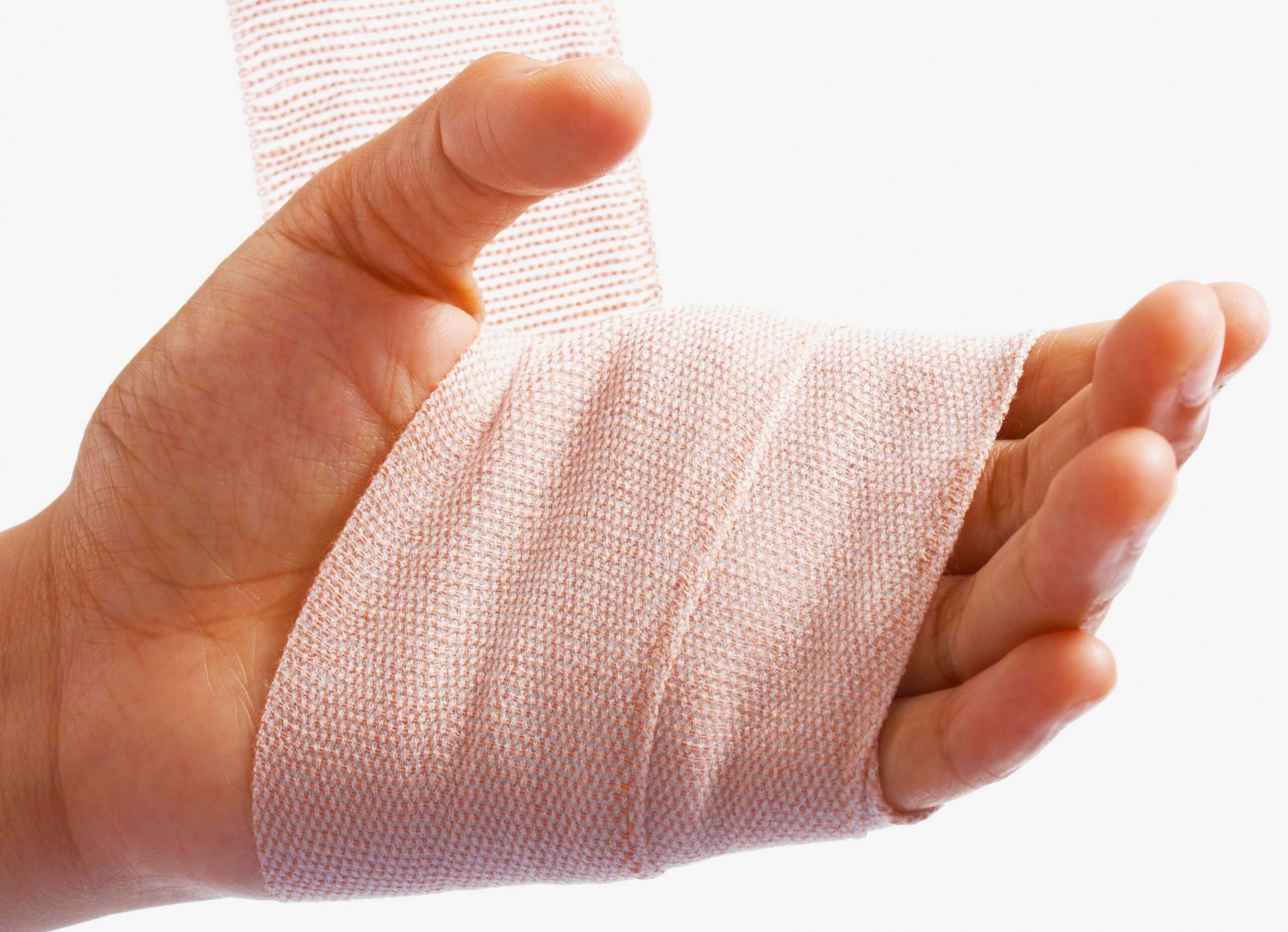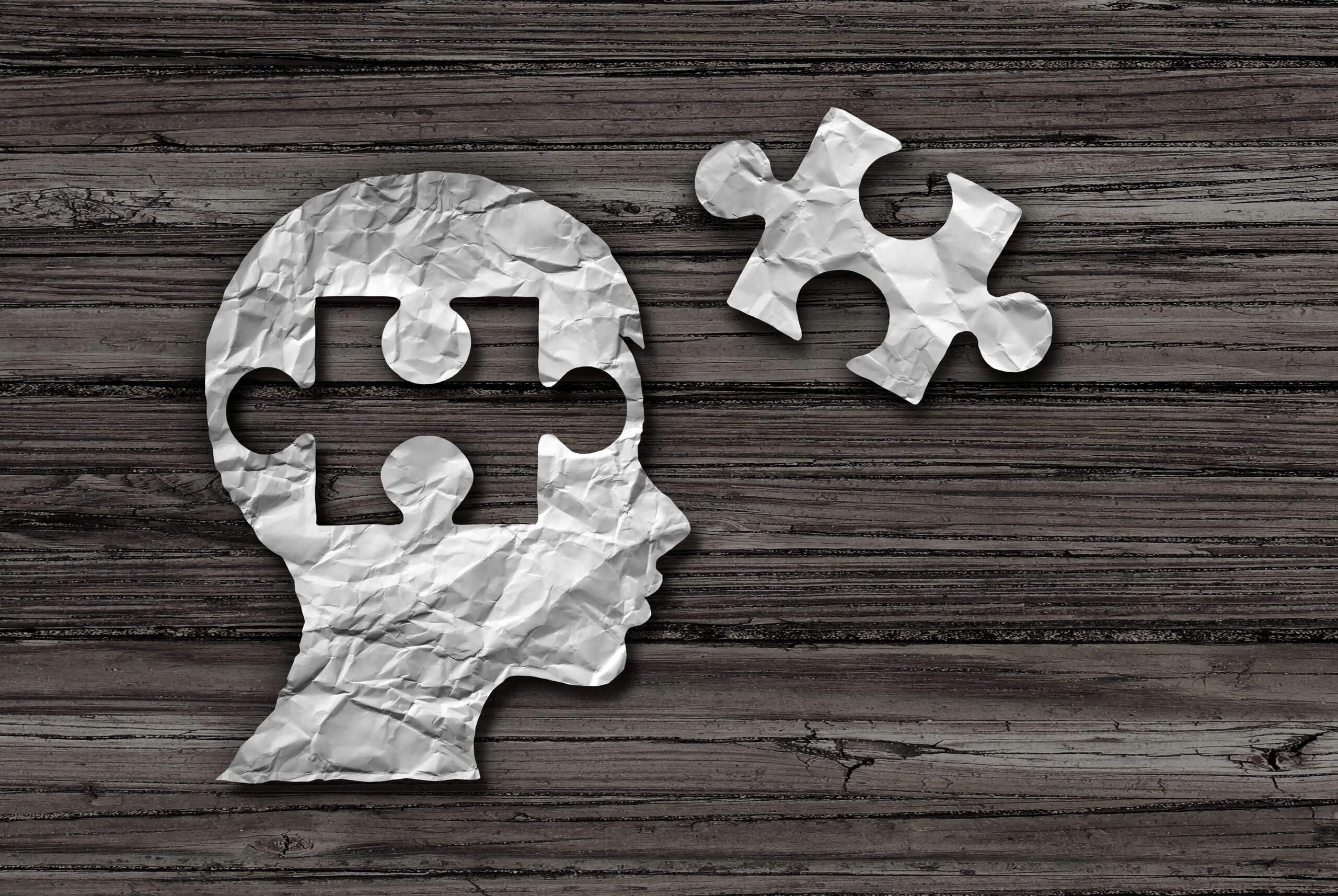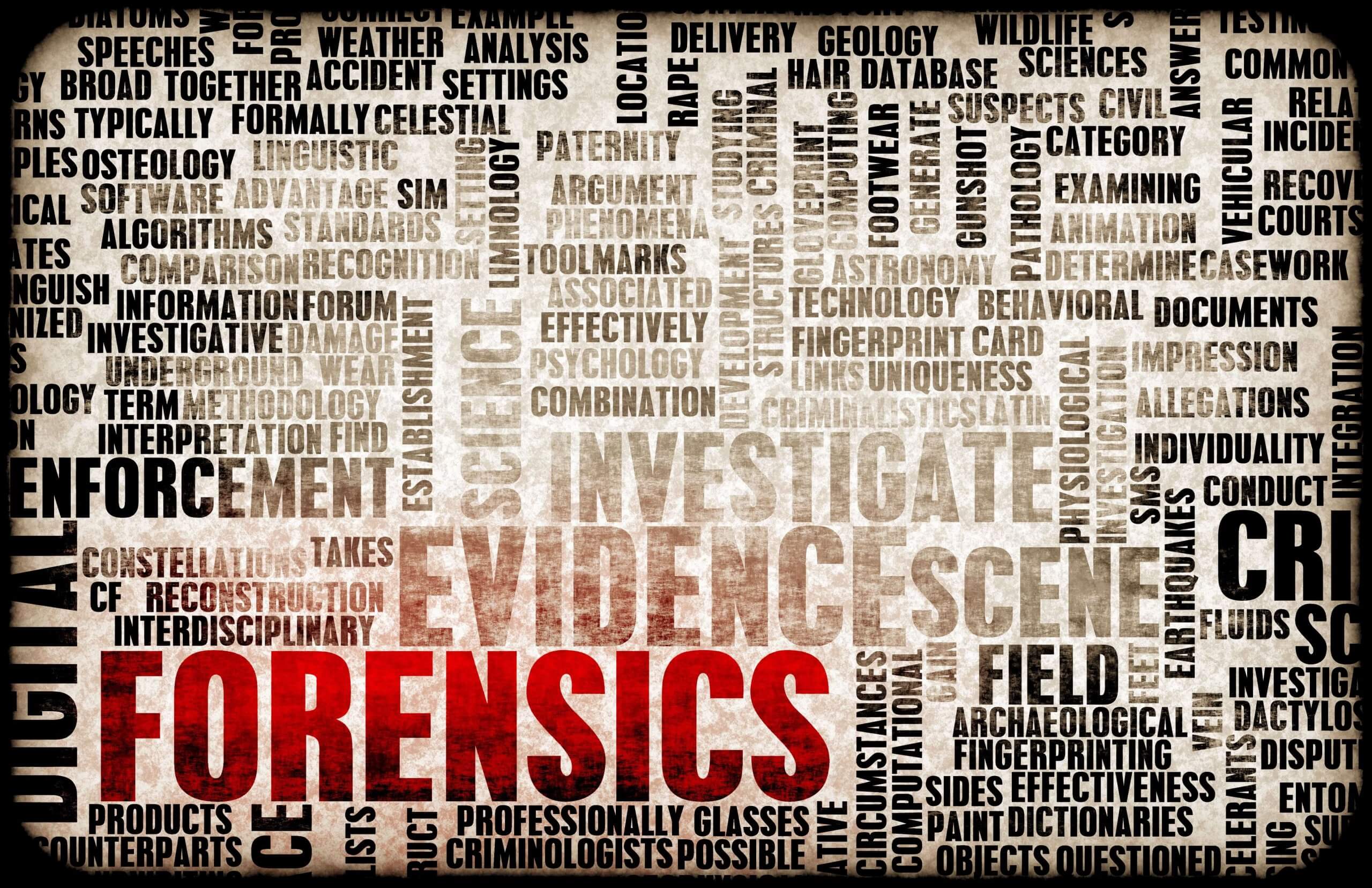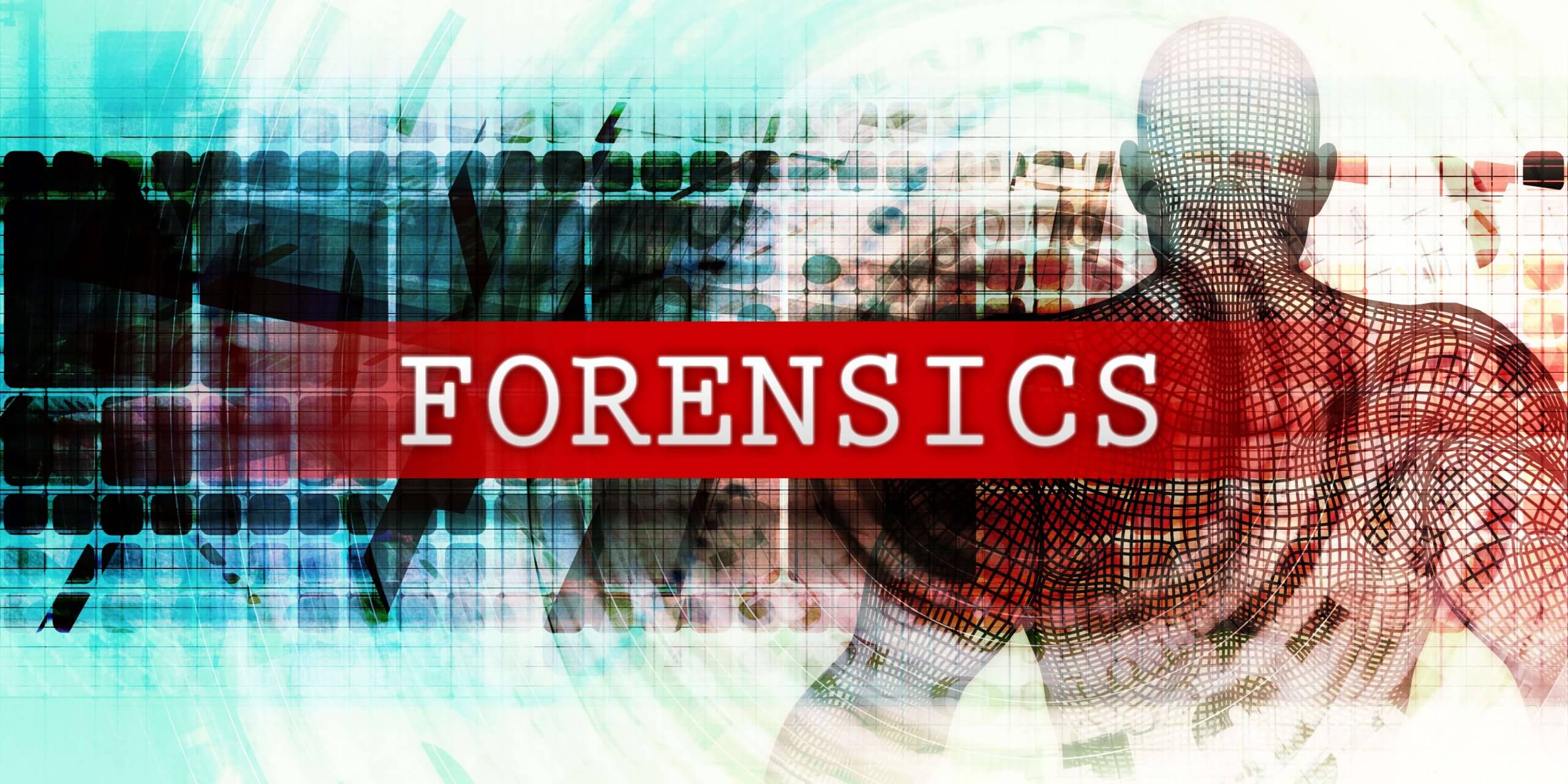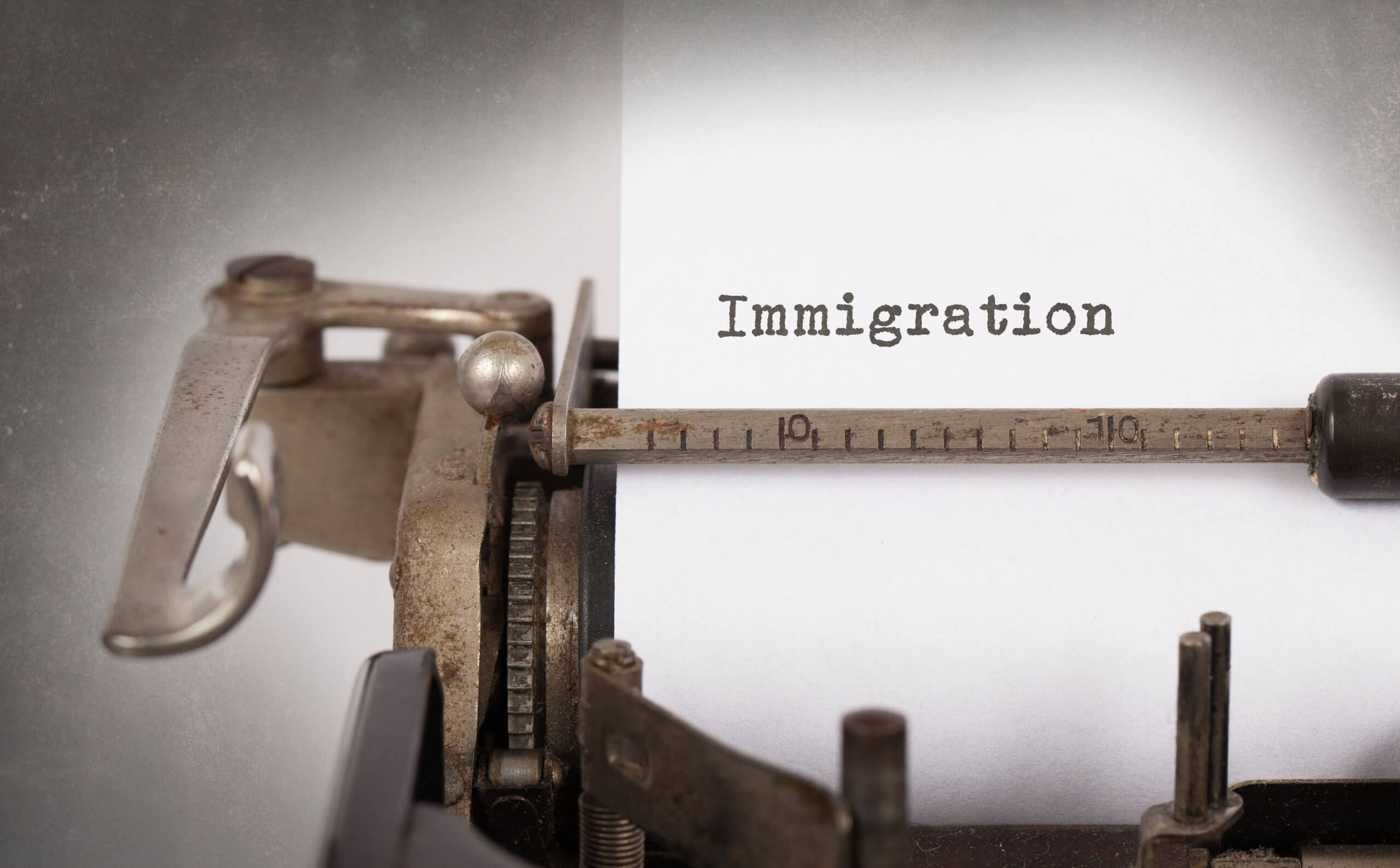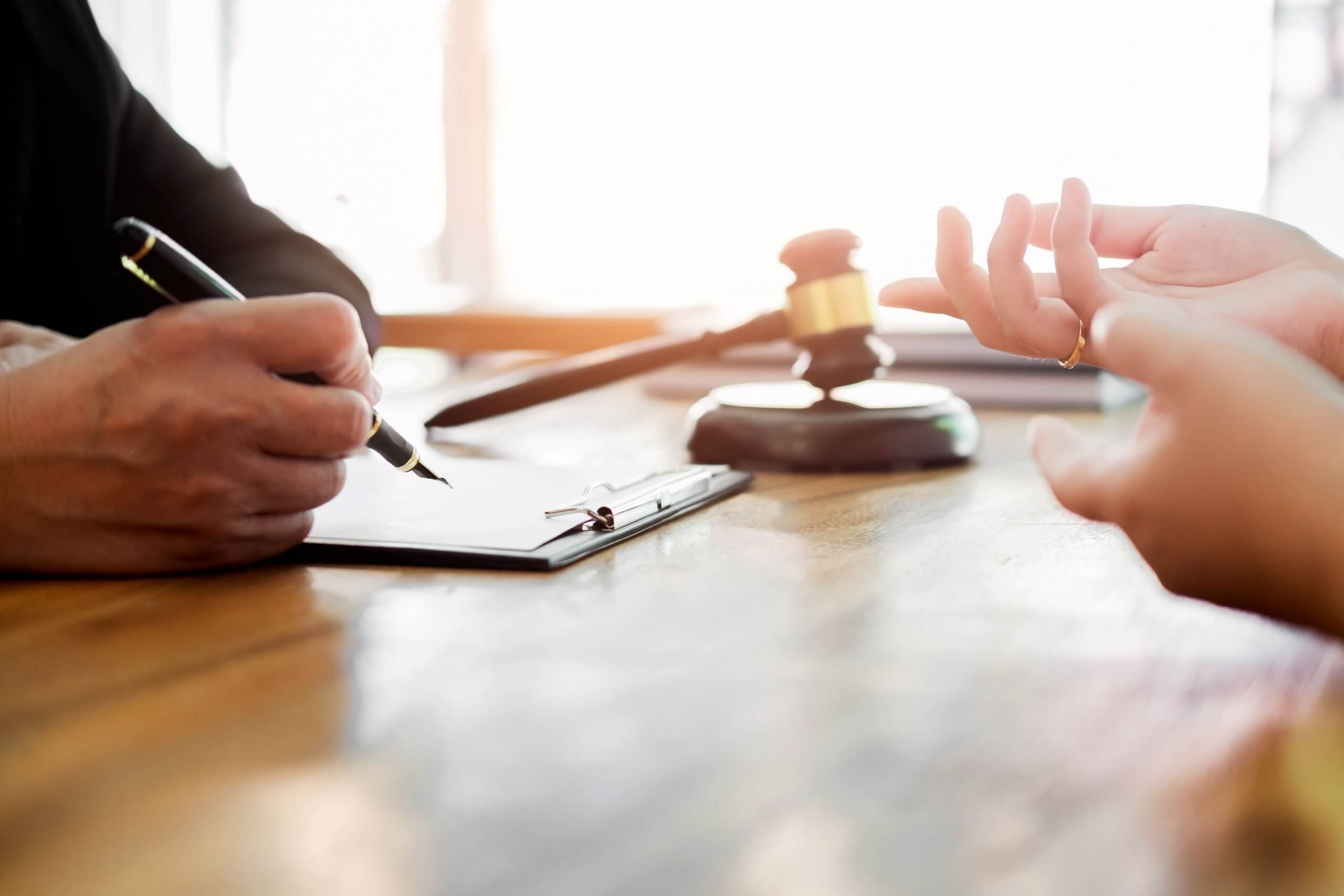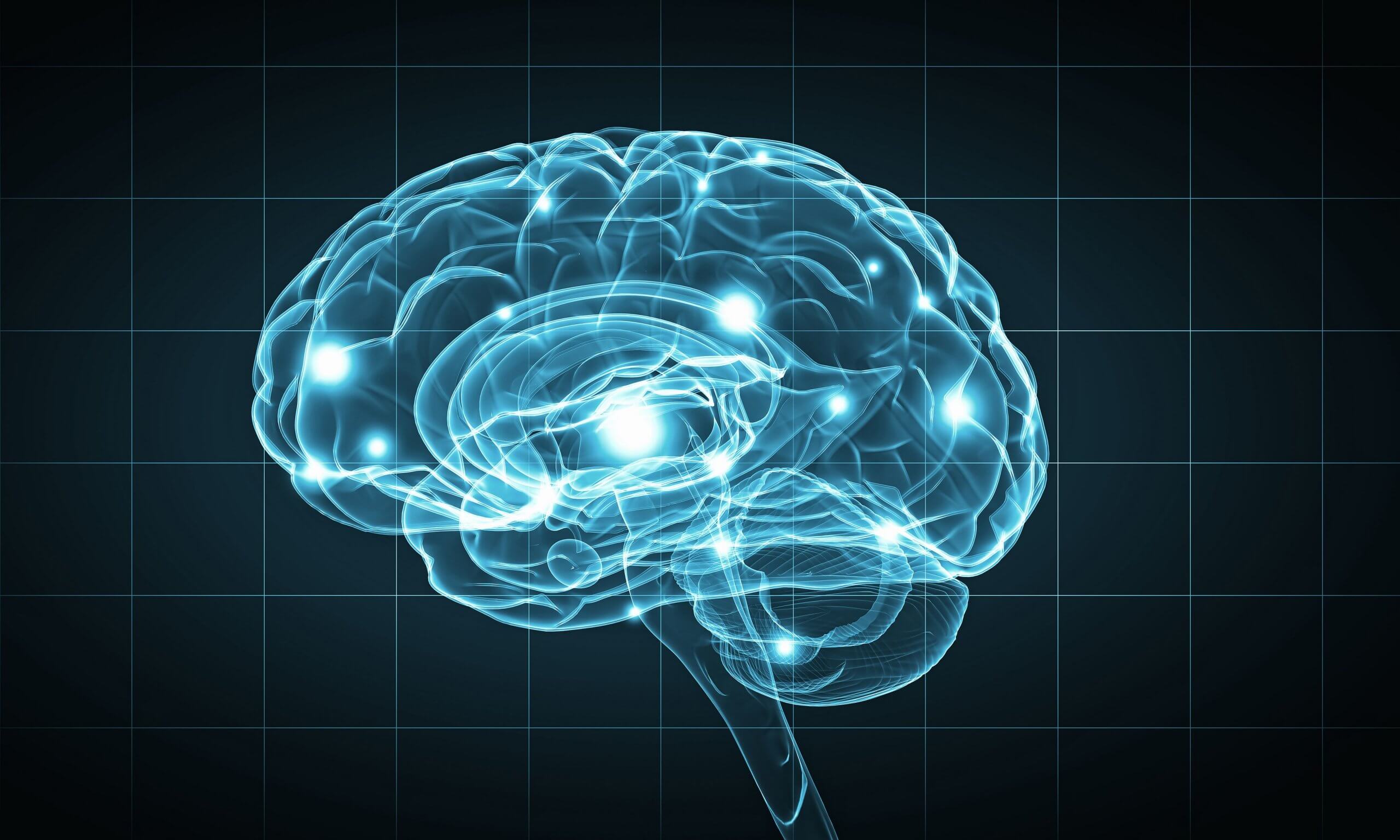There are numerous resemblances among psychologists and psychiatrists, and in some rare cases, they may work hand in hand with each other. Be that as it may, there are vital contrasts in the manner in which they evaluate and treat their patients. While psychiatrists are therapeutically prepared and can recommend drug and treatment plans, psychologists adopt a progressively remedial strategy that revolves around conduct intercession. At the point when a case is charged to a court which requires an expert witness, it is imperative to settle on the correct decision between a psychologist or a psychiatrist.
How a psychologist can help your court case?
Generally, psychologists deal with the study of the brain and the conduct of people. Consequently, they outfit the court with insights that would help the jury and judge comprehend potential reasons which drove the accused to carry out a wrongdoing. Traumatic experiences like child abuse, emotional issues, and injury can impact the manner in which an individual act, and it is the job of brain research (psychology) expert witness to reveal to the court how these elements have influenced the accused actions. When a psychology expert witness is called to testify in court for an accused, the psychologist is usually required to provide verifiable explanations about whether or not the accused is experiencing difficulty learning. The psychologist is also required to provide professional opinions on the degree to which the challenges have influenced the accused’s answerability. A Psychology expert witness can likewise explain how a past filled with maltreatment, disregard, or substance abuse could have motivated the crime that the defendant is being arraigned for.
When a defendant’s case involves mental/emotional well-being needs, the court usually requires a psychology expert witness to testify on the accused behalf. On the other hand, Indicted persons with extreme cases of physiological instability will require more than a psychologist for their cases. For cases like this, the court usually requires a psychiatrist to testify instead of a psychologist. This is in light of the fact that psychologists (albeit exceptionally qualified experts) have not undergone apt medical training to be able to assess the accused aptly. In this manner, they can’t provide precise evaluations of persons who are suffering from acute medical conditions like Schizophrenia, depression, and psychosis.
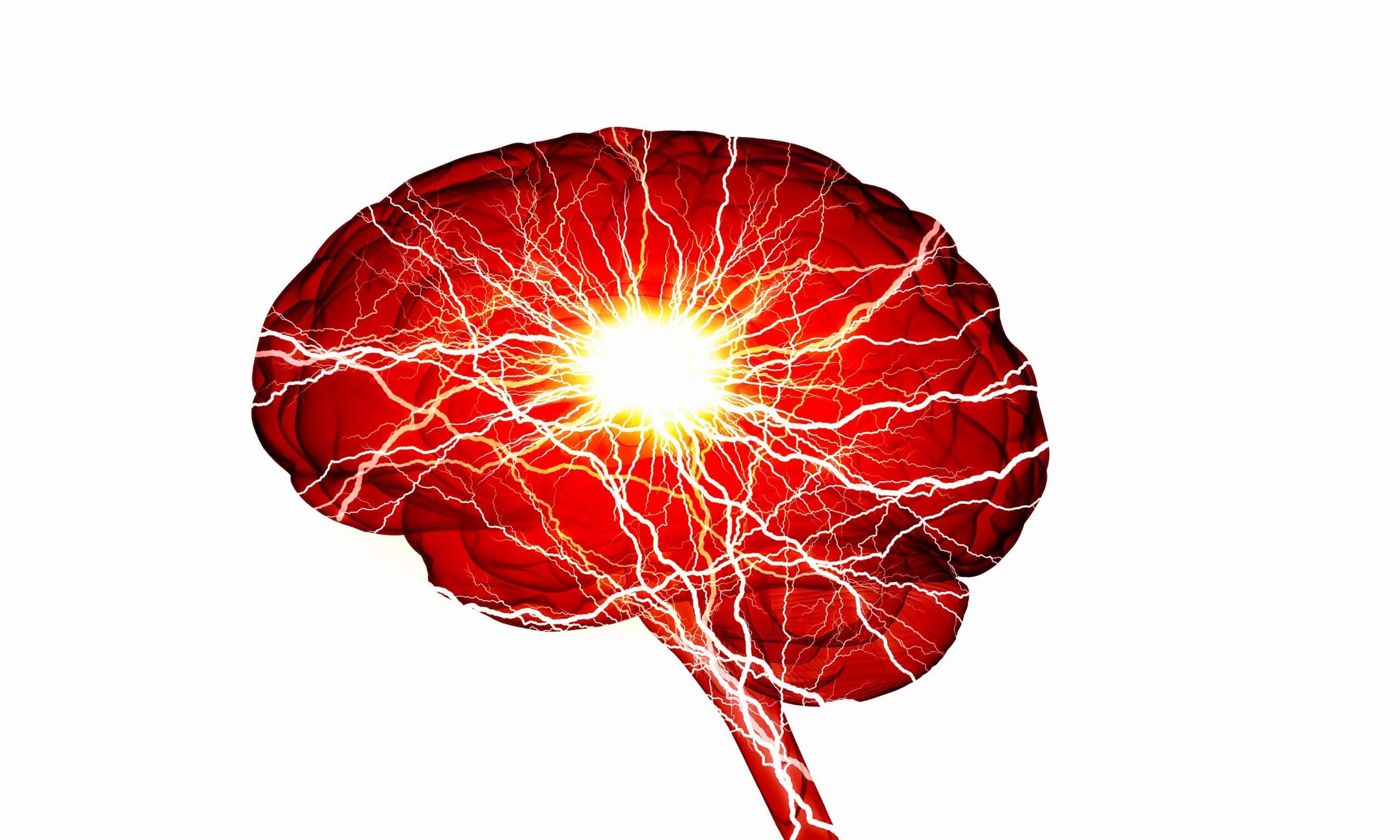 How the testimony of a psychiatrist expert witness can influence your court case?
How the testimony of a psychiatrist expert witness can influence your court case?
A Psychiatrist can help the court understand the impact of a person’s mental/emotional wellness on their conduct, and provide counsel on the remedial care that the condition needs. Mental illnesses like Schizophrenia can undermine a person’s capacity to make accurate decisions just as it can motivate the individual to carry out a wrongdoing. In cases like these, a psychiatrist is the best person to explain to the courtroom that the crime was committed under the influence of an acute mental condition.
What’s more, these experts are usually brought before the court to ascertain whether or not an accused is fit to live among the general populace. They also provide insight on whether or not the accused pose a threat to him/herself and whether or not the accused is fit to give sound testimonies in the courtroom. Since Psychiatrist expert witnesses are trained medically to evaluate these individuals, they can counsel the court on how to go about the ruling of the accused’s case. As a matter of fact, they can offer their recommendation on how the defendant would be punished for the crime, in the event that the defendant is found guilty of the crime. For instance, a psychiatrist expert witness can counsel the court to send the defendant to a secured medical health facility instead of incarcerating him or her.
A secured medical health facility is usually a nicer option since they focus on providing medical care for the accused as opposed to chastising the guilty parties. In jail, there is a high probability of a person’s psychological condition exacerbating, which can prompt self-harm and in worst cases, suicide.
Conclusion
For something as serious as a court case, you can’t afford to waste time. Instead, you are to use every resource your disposal to prepare the best defense for your court case. In the event that your court case involves mental, emotional, or traumatic inclinations, you need to get the most suitable expert witness for your case.
If you are concerned about your client’s mental health, and you need an expert witness to explore it further, MEWA can help you find the most suitable psychology or psychiatry experts. We can send you multiple CVs of psychology and psychiatry experts with an explanation from experts re how they can help your case?



